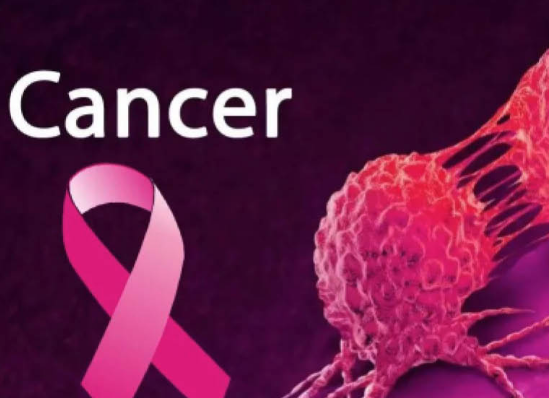
About eight children are diagnosed with cancer every day in Kenya according to Globocan estimates.
However, experts say these numbers are likely underestimated due to inadequate reporting of cases to the national cancer registries.
Each year, an estimated 400,000 children and adolescents of 0-19 years old develop cancer according to the WHO.
In high-income countries, more than 80 per cent of children with cancer are cured, but in many low-income countries, less than 30 per cent are cured.
What causes cancer in children?
Unlike cancer in adults, the vast majority of childhood cancers do not have a known cause.
Current data suggest that approximately 10 per cent of all children with cancer have a predisposition because of genetic factors.
Most cancers in children, like those in adults, are thought to develop as a result of mutations in genes that lead to uncontrolled cell growth and eventually cancer.
Signs of childhood cancer
Cancer in children is not common, but the CEO of Faraja Cancer Support Trust David Makumi said it’s important to have your child checked by a doctor if they have unusual signs or symptoms that do not go away, such as an unusual lump or swelling, unexplained fever or illness that doesn’t go away.
“Common signs of childhood cancer include; headaches, nausea, blurred vision, fever, fatigue, dizziness, bodily swelling, persistent vomiting, seizures, fever, bodily swelling among others,” he said.
Early diagnosis when identified early, Makumi who is an award-winning cancer control advocate and has worked in cancer control at clinical, advocacy and policy levels for over 15 years explained that cancer is more likely to respond to effective treatment and result in a greater probability of survival, less suffering, and often less expensive and less intensive treatment.
“If health workers at health centres suspect that a child has cancer, they should bypass the healthcare bureaucracy and send that child directly to a national referral hospital so that experts in childhood cancers can attend to them,” he advised.
“If a child has cancer and the diagnosis is made early enough and that child is under expert care and they get to complete their treatment we will be able to get 9 out 10 lives,” Makumi added.
Treatment
The WHO says correct diagnosis is essential to prescribe appropriate therapy for the type and extent of the disease. Standard therapies include chemotherapy, surgery and/or radiotherapy.
Children also need special attention to their continued physical and cognitive growth and nutritional status, which requires a dedicated, multi-disciplinary team.
Access to effective diagnosis, essential medicines, pathology, blood products, radiation therapy, technology and psychosocial and supportive care are variable and inequitable around the world.
Coping with Cancer
Adjusting to a child’s cancer diagnosis and finding ways to stay strong is challenging for everyone in a family.
The National Cancer Institute advises you to have honest and calm conversations and build trust as you talk with your child and his or her siblings.
Many parents receive their child’s diagnosis from the doctor at the same time that their child learns of it.
However, if you choose to be the one to tell your child, the doctor or nurse can help you decide what to say and how to answer her questions.
Children of all ages need clear, simple information that makes sense to them.
As much as possible, help him know what to expect by using ideas and words that he understands.











